August 30, 2025 | 23:57 GMT +7
August 30, 2025 | 23:57 GMT +7
Hotline: 0913.378.918
August 30, 2025 | 23:57 GMT +7
Hotline: 0913.378.918
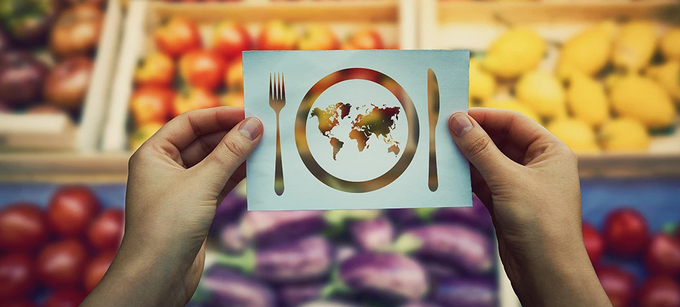
Strategies to enhance resilience are needed to ensure a stable, sustainable agricultural market. Photo: Shutterstock.com.
However, this surge was partially offset by declining food prices. Looking ahead, agricultural prices are projected to decrease by 4 percent in 2025 before stabilizing in 2026. This outlook, however, is subject to significant risks, including extreme weather events, input cost fluctuations, trade restrictions, and long-term challenges such as climate change and evolving biofuel mandates.
Heat waves affect crop yields
The current year will likely set a record as the warmest year in recorded history, with global average temperatures surpassing pre-industrial levels by over 1.5 degrees Celsius, according to the European Space Agency. Heat waves have had widespread effects on crop yields, with notable impacts on maize, rice, soybeans, and wheat in China; rapeseed and sunflower seed in the European Union and the Black Sea region; sugarcane in Brazil; and palm oil in Indonesia. As heat waves grow in frequency, intensity, and duration, they are likely to exert upward pressure on agricultural prices, posing major challenges for global food security.
Declining input costs offer temporary relief
Energy and fertilizer prices are projected to decline by 6 percent and 2 percent, respectively, in 2025. These reductions reflect easing oil and coal prices, alleviating some of the cost pressures that agricultural producers faced during the 2022 and 2023 crop seasons. Notably, the fertilizer affordability index (which measures the ratio of fertilizer prices to agricultural prices) has returned to pre-pandemic levels. However, risks remain: Escalating conflicts in the Middle East or reductions in Russian natural gas exports could reverse this trend and drive up oil and natural gas prices. Such developments would likely increase fertilizer costs, potentially pushing food commodity prices higher again.
Trade restrictions and global supply disruptions
Trade measures, including tariffs and export bans, have increasingly disrupted global agricultural markets in recent years. For example, in 2018, U.S. soybean exports to China dropped by almost three quarters (from 31.7 to 8.2 million tons), reducing China’s share of U.S. soybean exports from 57 percent to 18 percent. Additionally, with half of the world’s population living in countries that held elections in 2024, policy shifts by new governments could further impact trade flows. Moreover, rising protectionism or renewed trade tensions may affect grain prices, global inventories, and trade partnerships.
Climate change is a growing threat to tropical commodities
Beyond heat waves, climate change continues to drive extreme weather patterns such as floods, hurricanes, and wildfires, which disproportionately affect tropical commodities like coffee and cocoa. These crops face unique vulnerabilities:
The World Bank’s Beverage Price Index—which includes coffee, cocoa, and tea—surged 70 percent in November 2024, year-over-year, while the Food Price Index fell 6 percent during the same period. Tropical commodities remain particularly exposed to climate risks, underscoring the need for effective resilience policies and investment strategies.
Rising biofuel mandates
Biofuel production is expected to stabilize in 2025, supported by declining energy prices and moderate economic growth. However, evolving biofuel policies are driving higher demand for feedstocks, such as soybean oil, palm oil, sugar, and maize. Numerous countries are raising or planning to raise their biofuel mandates. For example:
With demand growth driven by emerging markets favoring higher admixtures, biofuel demand could exceed expectations, potentially raising prices for feedstocks like grains, vegetable oils, and sugar.
Agricultural prices are levelling off, but uncertainties remain
While the World Bank’s agricultural prices index has experienced significant fluctuations in 2024, the future remains uncertain with a projected decrease in prices in 2025 and stabilization in 2026. The agricultural sector faces numerous challenges, including extreme weather events, fluctuating input costs, trade restrictions, and the ongoing impacts of climate change and evolving biofuel policies. As we navigate these complex dynamics, it is crucial for policymakers, industry leaders, and other global players to focus on strategies that can enhance resilience and ensure a more stable and sustainable agricultural market.
(WB)

(VAN) Researchers have discovered that replacing 50g/kg maize with a 50:50 mix of pineapple and orange peels could offer poultry producers a sustainable feed option.
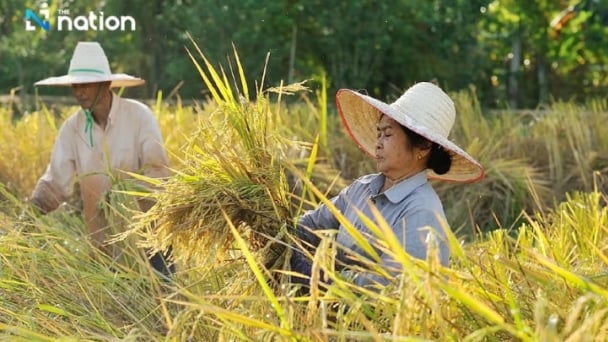
(VAN) Global rice markets are bracing for turbulence after reports that India, the world’s largest rice exporter, is preparing to release around 20 million tonnes of stockpiled rice in September.
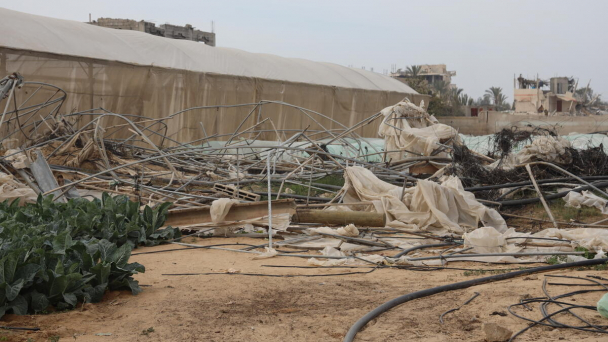
(VAN) FAO, UNICEF, WFP and WHO reiterate call for immediate ceasefire and unhindered humanitarian access to curb deaths from hunger and malnutrition.
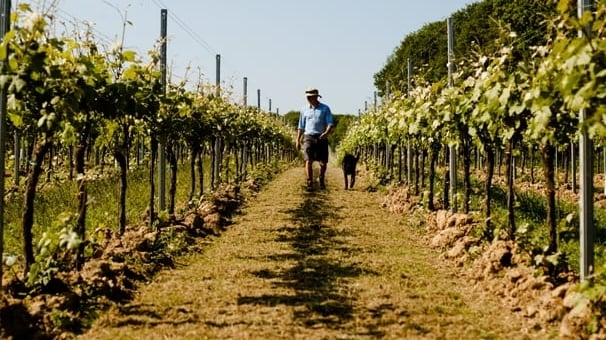
(VAN) As wildfires rage in southern Europe and crop losses only set to increase in the coming years, producers are getting creative to beat the heat.
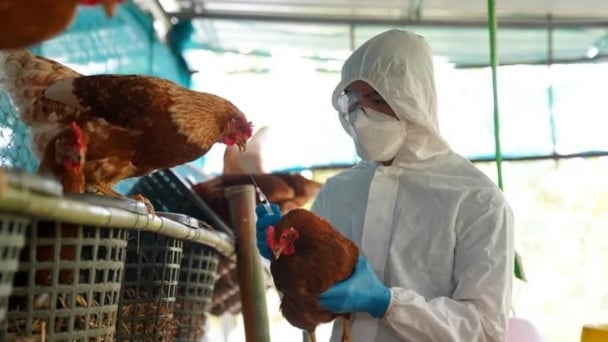
(VAN) A new outbreak of highly pathogenic avian influenza (HPAI) has been confirmed by Argentinian authorities at a layer farm in Buenos Aires, Argentina.
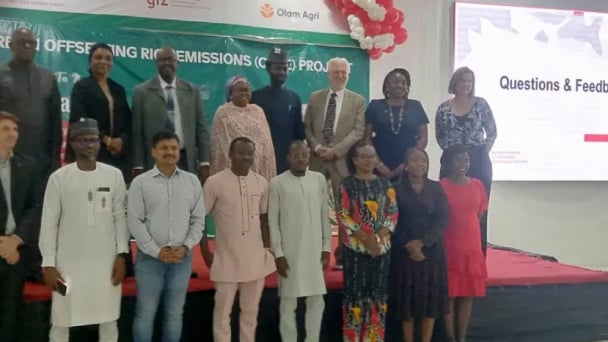
(VAN) The German Government has inaugurated the Carbon Offsetting Rice Emissions (CORE) Project to support 12,000 smallholder farmers in climate-smart rice production across Benue, Nasarawa, and Kano States.
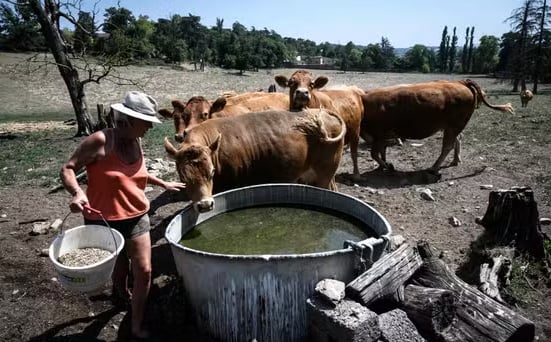
(VAN) Orchardists, winegrowers and livestock farmers fear the negative impact of the current heatwave on their production.